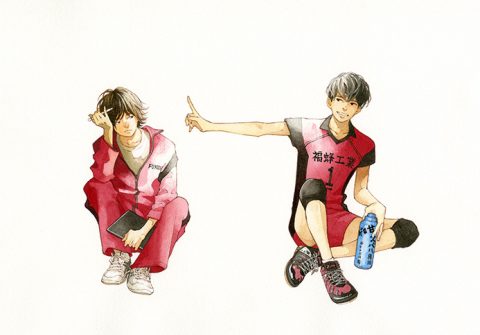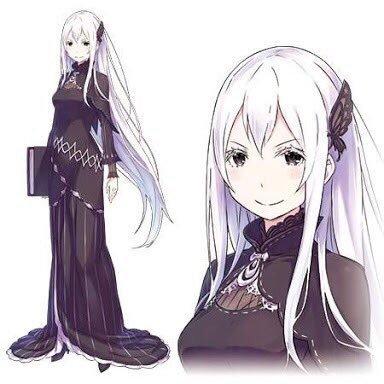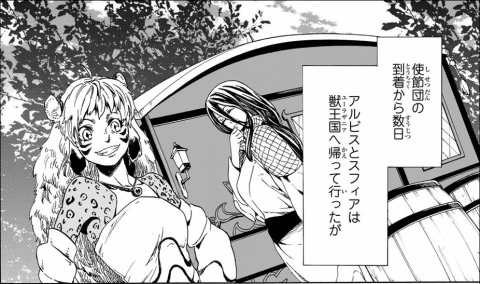The 11th episode of Sarazanma has been released, and it is the final episode. The information flowed in at a rapid pace in the final episode, but it felt like something was resolved. For me, because of Mawaru Penguindrum, it was a work that I didn't know whether it was a happy ending or a bad ending, so I was able to enjoy watching it until the end. This time, I would like to consider what kind of symbolism the kappa depicted in Sarazanmai are.
About the legendary kappa and the kappa bridge
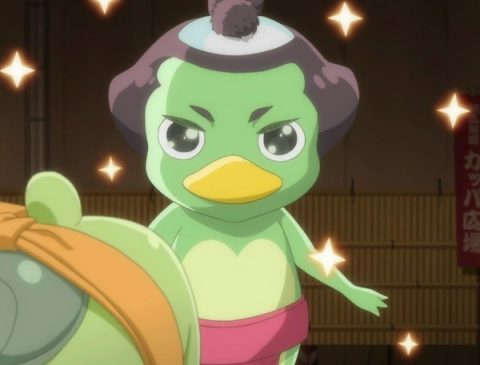
First of all, I will briefly explain what kappa are originally in Japan. There are many different legends about kappa depending on the region. In my region, kappa are mythical creatures that do bad things, such as dragging your feet when you swim in the river in autumn. However, the origin of Kappa Bridge is that Kappa Kawataro, a man in a raincoat, could not bear to see that the drainage in this area was poor and it would flood easily with even a little rain, so he spent his own money to start construction of a ditch. The kappas of the Sumida River, who were watching the construction work that was not progressing, were moved by Kawataro's good deed and helped with the work night after night. And it is said that people who saw a kappa had good luck and their business prospered. In other words, it is a legend of doing good deeds. There is also a legend that kappa wrestle with humans and pull out the shirikodama of the loser. Come to think of it, there was also a scene of Enta and Kazuki wrestling. The shirikodama refers to a fictional organ located near the anus. It is said that people who have their shirikodama removed become spineless.
What does the kappa symbolize?
The story begins with Kazuki, Enta, and Yuu becoming kappa and defeating kappa zombies in the desire field. Kappa zombies are the embodiment of the concept of desire that runs rampant in the desire field. So what did the kappa ultimately represent?
Connect or not connect
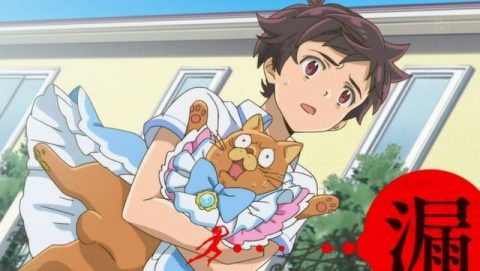
Kazuki, Enta, and Yuu are conflicted about whether or not to connect with people, even as they pass each other by. This connection is the main theme of the story. In the end, those who were able to connect were able to exist in this world, and those who were not connected were erased from memory. This can be seen from the fact that Leo and Mab returned in the final episode.
Love, Desire, and Kappa
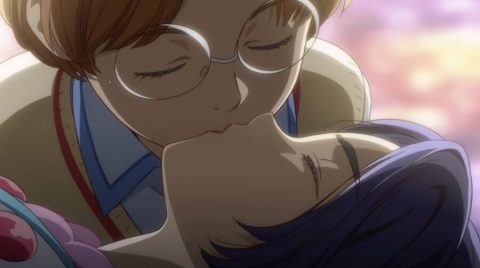
At the beginning of the story, love and desire were depicted in contrast to each other. In this work, the definition of love seems to have a slightly different meaning from what we generally think of as an emotion. Desire is subjective, and love is a feeling of caring for others. Then, in the middle of the story, the kappa was depicted as being in the gap between love and desire. Perhaps the world of the desire field was used to represent the superficiality and inner nature within humans? The normal world is something that is expressed externally, and the desire field was a way of expressing the very desires one has by changing the field in an easy-to-understand way.
Is the kappa a desire?
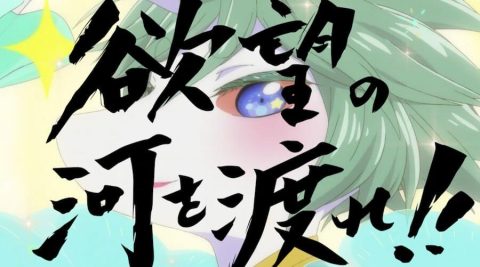
From the middle to the end of the story, love and desire are depicted as being close to each other. Enta's feelings for Kazuki were truly a mixture of love and desire. And in the final episode of the story, the kappa was depicted as if it were a symbol of desire, with lines such as "Don't let go of your desires!" and "Cross the river of desire!" and "Only those who weave desires..." However, this can be interpreted as the idea that desire is close to love, as depicted in the middle of the story, and not letting go of desire means that if you let go of desire, you will also let go of love.
So what about kappa after all?
Keppi eventually merges with despair and returns to his original form. And Leo and Mab also returned safely, connected with each other. The same can be said for Kazuki, Enta, and Yu, and all three were able to connect. In one scene in the future, Enta is rejected by Kazuki, and we can see that Enta still has love and desire for Kazuki. If you think about it that way, aren't kappa depicted as beings that weave love and desire? And the act of weaving love and desire is expressed as a connection, in other words, the kappa is a symbol of connection.
Finally
Originally, the name Kappabashi was derived from the connection between kappa and humans. Asakusa is also a place full of old-fashioned charm and strong human connections. Anyway, Sarazanmai was really fun!

